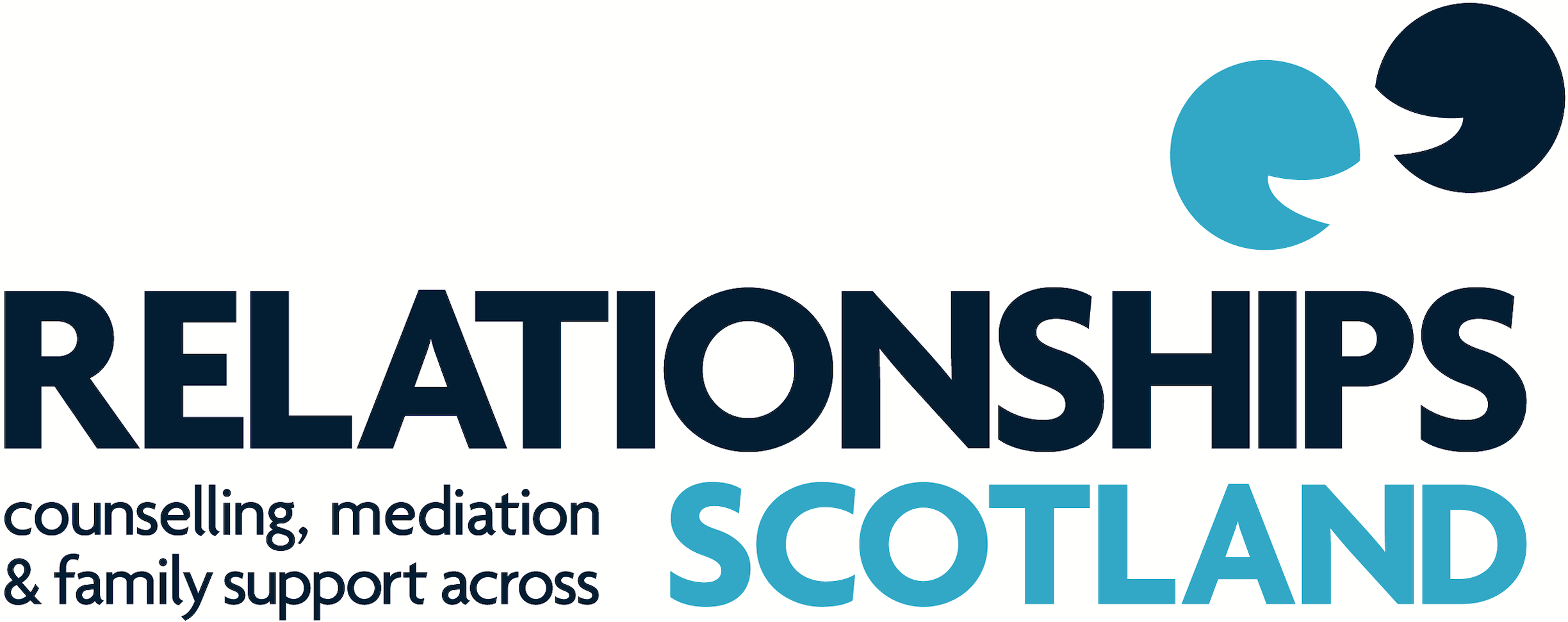
Managing Conflict and Arguments at Home during Covid 19 Lockdown measures
Spending time with others under the current circumstances is likely to result in disputes and arguments at some point. Everyone is experiencing some loss and change to their normal way of life, and may be feeling anxious and stressed. The conflict in your household may be something that was there in your family or partner relationship before and it has got worse, or it may be caused by the current situation.
The lockdown measures are restricting our movements and we are likely to get tetchy, annoyed or just plain angry with others at times. Recognising that this is hard for us all and being able to talk about what is upsetting us or getting us down is important. Listening to your partner or friends will help you to find a solution.
Children and young people are also experiencing significant changes and uncertainties, and may be feeling sad, or angry, cross or short tempered. It is important to allow them to express their emotions, and to listen to their concerns.
Common annoyances might be:
· No time to yourself
· Concerns about money
· Noise
· Having to work at home
· Getting under each other’s feet
· Demands of children
· Different routines and expectations
· Not getting out / exercise
· Boredom
· Feeling powerless
· Concerns about health risks
Some of these we might be able to change, like not having any private time or quiet space. Other things might be more challenging. However, what we can do is talk about our anxieties and concerns, and having someone listen to those and trying to hear the others frustration can go a long way to helping to relieve the situation.
Dealing with Arguments
Sometimes our emotions take over and we find ourselves in the middle of an argument that is escalating. We are struggling to express ourselves and have a calm and reasonable converstation. Stress and anxiety stimulate our brains to react and our bodies to produce hormones which can lead to aggressive and unhelpful behaviour. We might be feeling sad but we are coming across as short tempered and angry. We need to re-engage the thinking part of our brain, rather than the reactive part of our brains, and bring ourselves back to a balanced state. This can sometimes take quite a while!
There are steps you can take to de-escalate conflict and calm the situation down. Some ideas that might help are:
· Take a moment – Try not to react immediately to something that has happened or been said. Pause, take a breath and perhaps suggest that you would like to take some time to think before responding.
· Agree a suitable time to talk about issues when you are more likely to be calm, and have uninterrupted time and space, and you are not tired or hungry!
· Listen with interest – Try to think about how things are from the other person’s perspective and to understand their viewpoint. Try to give the other person uninterrupted time to speak.
· Tackle one issue at a time – Focus on the most important things and talk about these one at a time. Think about whether you can let some issues go.
· Try to say something positive or refer to something that has gone well or that you agree about.
· Talk about how you feel and what would be helpful for you. Focus more on how you would like things to be than what has been difficult.
· Use ‘I’ statements rather than ‘you’ statements and try to avoid words like ‘always’ and ‘never’. ‘I’ statements reduce blame and criticism, and are less accusatory.
· Remember there may be a number of solutions to the problem you are discussing. Be creative and be prepared to compromise.
· Focus on what you can control, not what you can’t. You are responsible for your own behaviour. Think about what you can do or say to try to have a helpful conversation.
By practising and modelling good communication skills your children and other family members will have an opportunity to learn a useful life skill! Be kind to yourself and generous to others in these difficult circumstances.
Constructive and Destructive Conflict
Some disagreements and differences of opinion are helpful. They encourage us to think differently and bring about positive changes for the better. Constructive conflict is when people have respectful discussions, negotiate and seek comporomise. Those who are arguing are able to apologise and use humour and warmth to resolve differences. Destructive conflict is when arguments are intense and unresolved, and include verbal or physical aggression or violence. Frequent, hostile conflict within families who are living together is particularly difficult.
Help and Support
The current pressures are creating stressful situations for many. Relationships Scotland Member Services offer some online and telephone services, such as counselling or family mediation. Find out more information here: https://www.relationships-scotland.org.uk and contact the Service nearest to where you live here: https://www.relationships-scotland.org.uk/find-a-local-service.
Safety
Living with someone who is abusive, aggressive, controlling or violent is frightening and can be dangerous. Being confined to the house with an abusive partner due to COVID-19 lockdown measures can escalate these issues even further. The additional stresses of the current circumstances are no excuse for abusive behaviour. You might need to think about what you need to do to keep yourself and your children safe.
If you have concerns about your own safety, or the safety of your children, or your own behaviour because of violence or abuse, alcohol or substance misuse, or other issues, professional advice and help is recommended. More information and links to other support agencies are at https://www.relationships-scotland.org.uk/family-support
Look out for our earlier blogs:
· Dealing with Anxiety and Stress during Covid 19 Lockdown Measures
· Dealing with the Changes we Face with Covid 19
· Top Tips for Parenting when Living Apart, during the Covid-19 Pandemic
